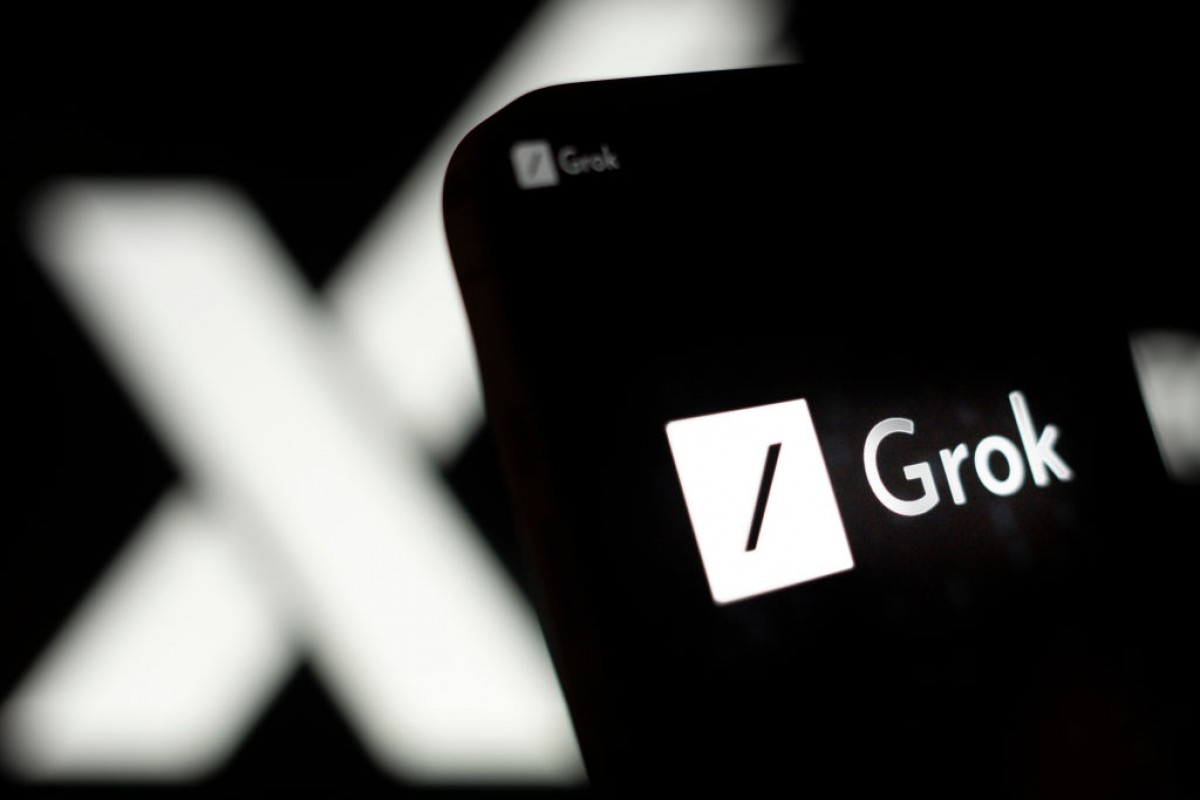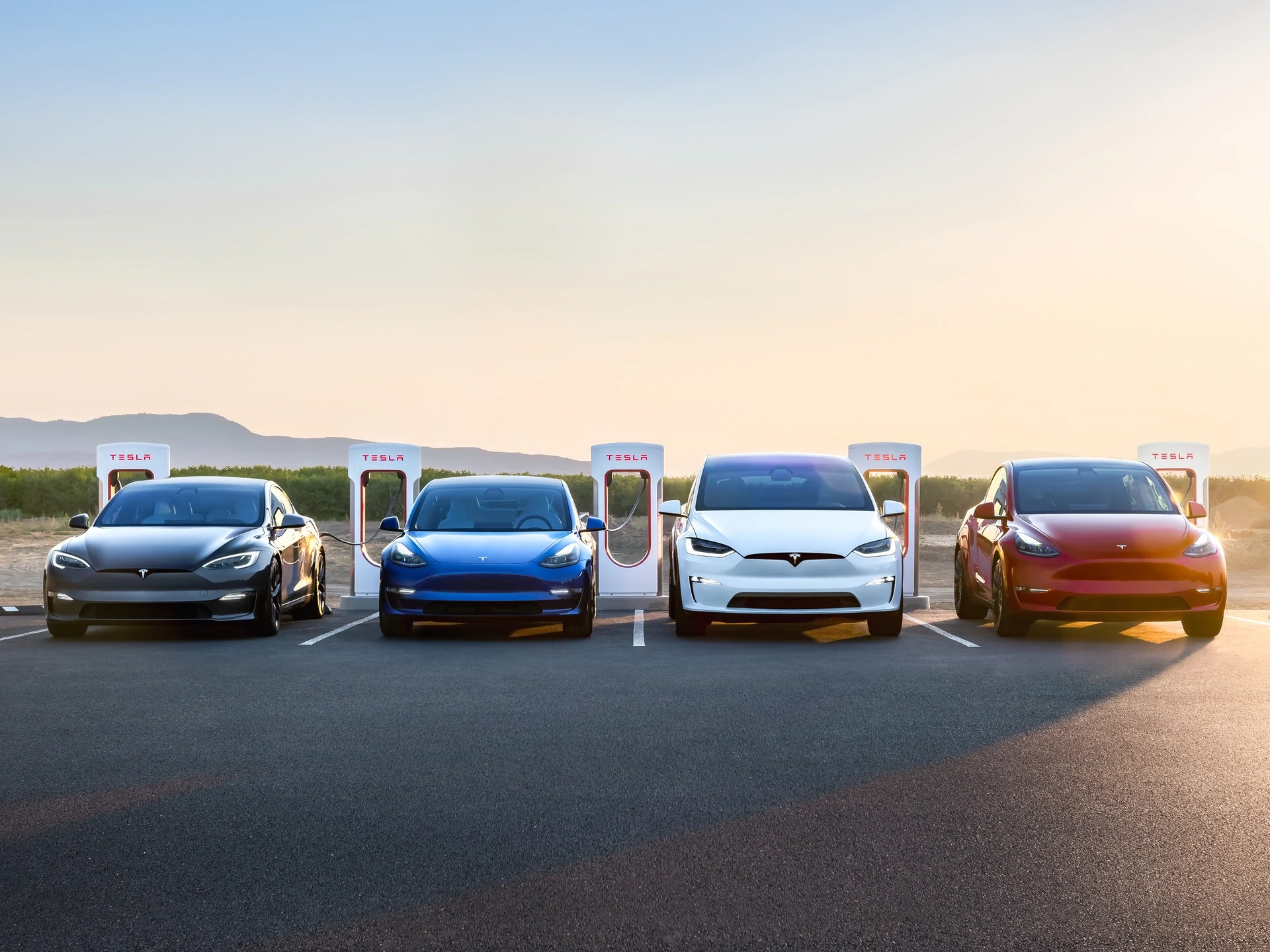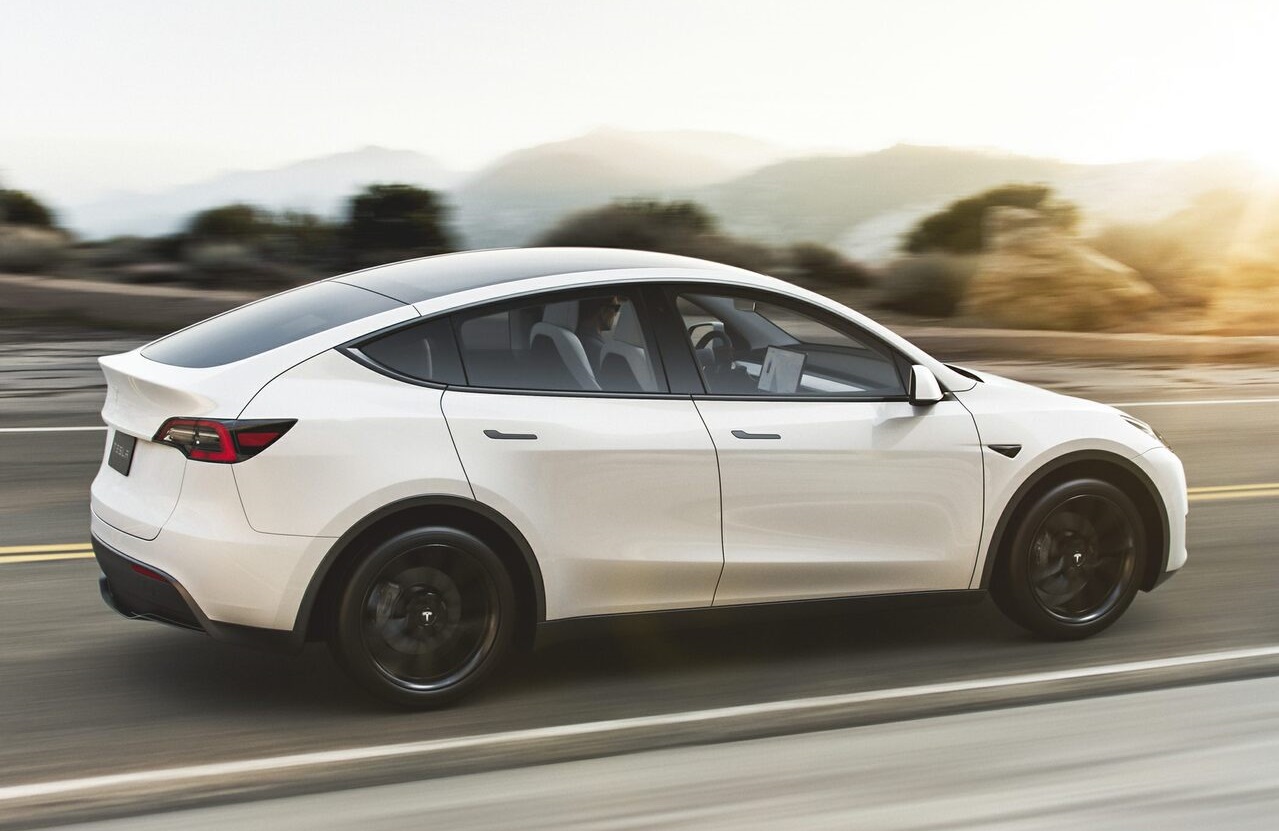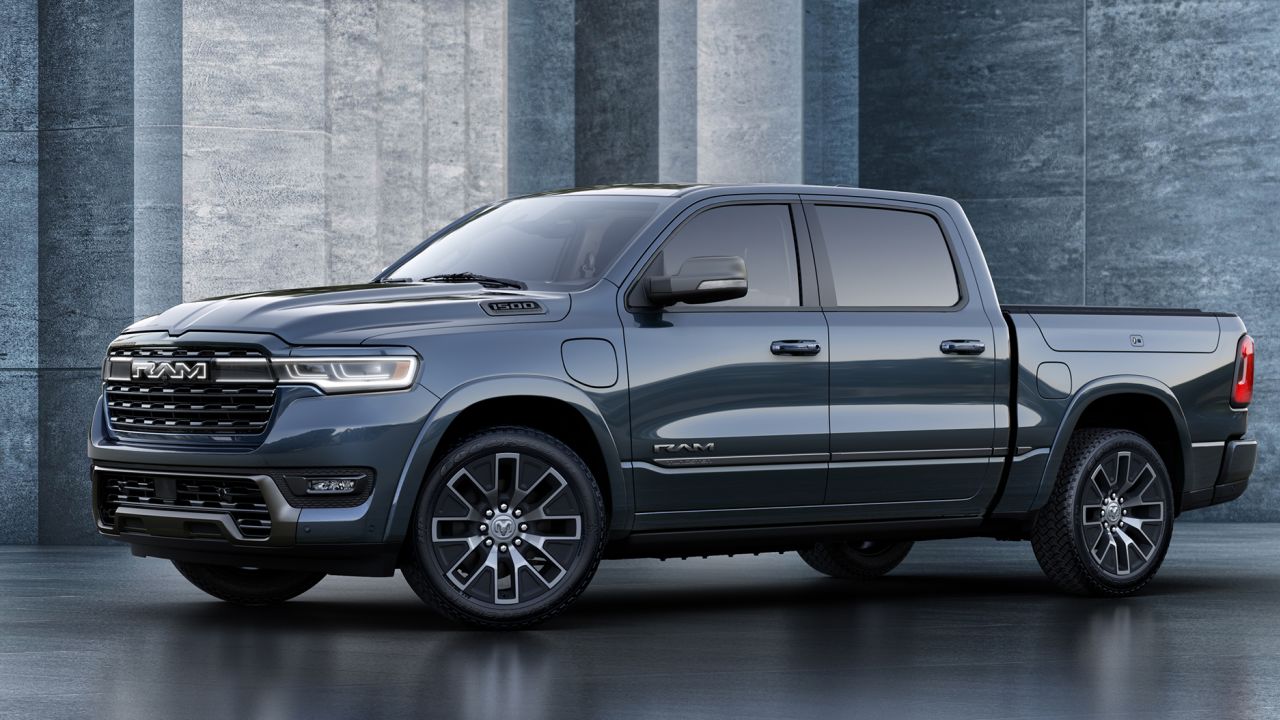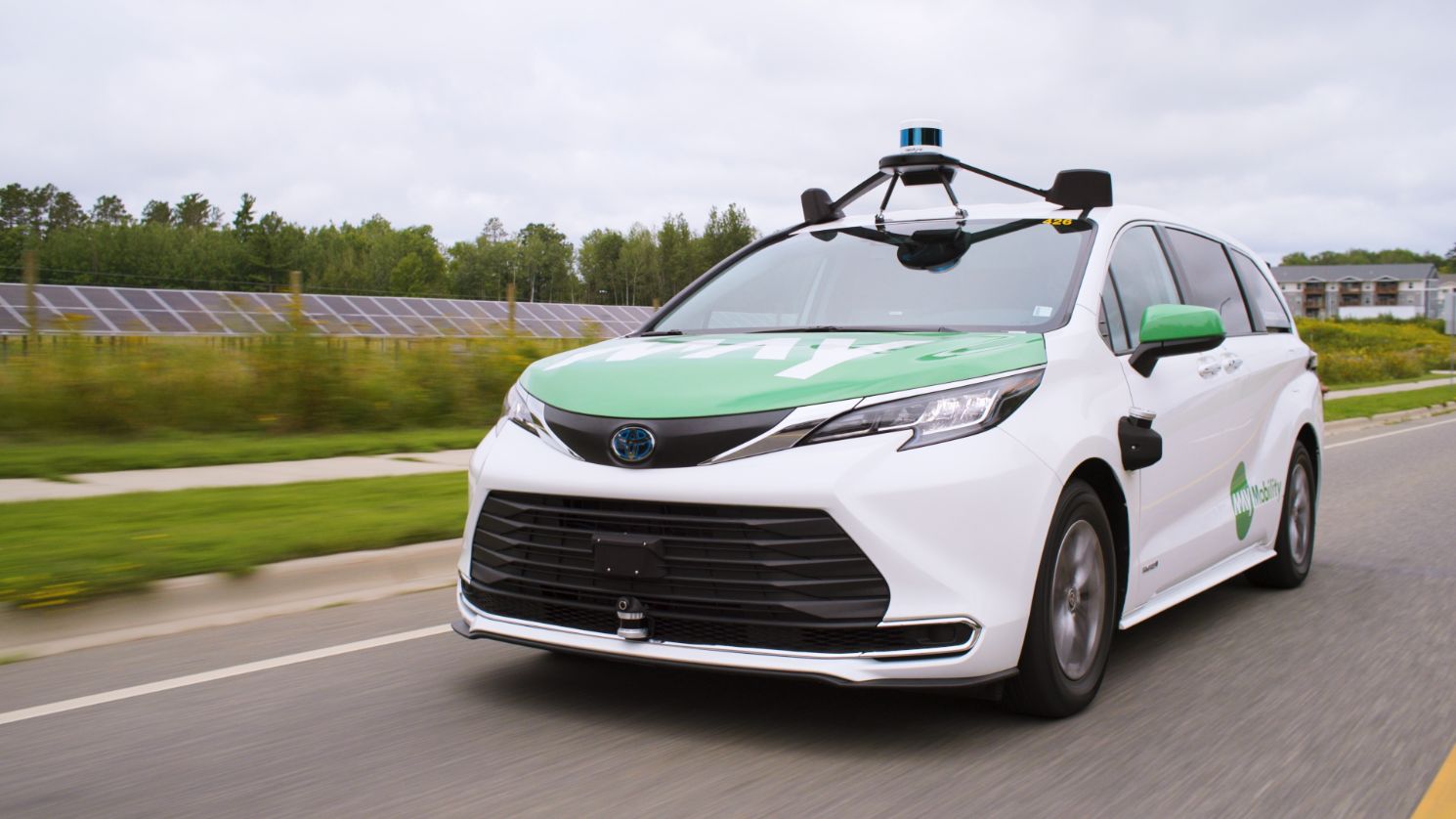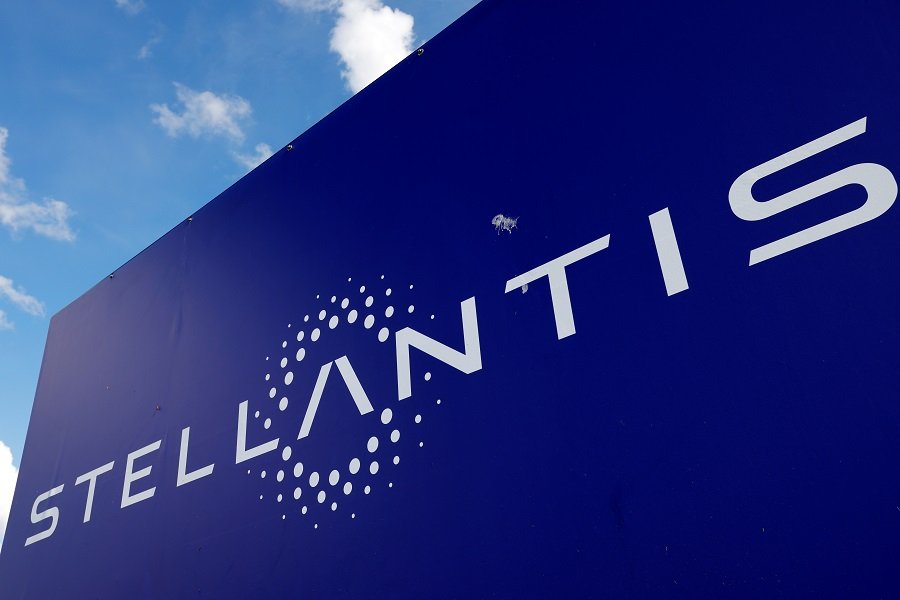Tesla, under the leadership of visionary entrepreneur Elon Musk, is on the verge of integrating Grok AI, a revolutionary AI assistant developed by Musk’s recent startup, xAI, into its fleet of electric vehicles. This bold move signifies Tesla’s commitment to creating more intuitive and interactive vehicles, though it does not come without controversy.
Elon Musk, renowned for his groundbreaking endeavors in redefining terrestrial and extraterrestrial transportation, introduced xAI earlier this year with the overarching goal of unraveling the universe’s complexities. While xAI’s ultimate mission is grand in scope, its immediate focus centers on crafting an AI assistant or chatbot reminiscent of ChatGPT. Grok AI, xAI’s maiden project, is described as an AI entity fashioned after the eccentric wit and intelligence of the “Hitchhiker’s Guide to the Galaxy.”
The moniker “Grok” is an homage to the term “grokking” coined by science fiction luminary Robert A. Heinlein in his work “Stranger in a Strange Land.” It conveys a profound sense of empathy and unity with others. This choice of name underscores Grok AI’s distinctive character, as it not only responds to queries but also proactively suggests inquiries, encompassing elements of cleverness and a touch of rebellion.
The Grok AI slated for integration into Tesla vehicles is anticipated to harness the vast wealth of data amassed by xAI. Notably, Elon Musk envisions making Grok AI accessible to a broader audience beyond Tesla owners by offering it as a premium subscription service on popular social media platforms.
Tesla’s unwavering commitment to voice-command technology in its vehicles lays a strong foundation for this integration. Over time, the company has been diligently enhancing its voice-command features, aligning with Musk’s vision of cars that can anticipate and fulfill owner needs without requiring manual input. The introduction of Grok AI is poised to be a seamless extension of this vision, further refining and simplifying the user experience.
Early insights from beta tester Brian Roemmele indicate that a “smaller quantized” version of Grok AI will run natively within Tesla vehicles, utilizing onboard computing power. Musk’s response to this revelation underscores his aspiration to transform Tesla vehicles into not just modes of transportation but also hubs of distributed computing capability. In a future landscape where Tesla’s autonomous robotaxis are prevalent, these vehicles could serve a dual purpose – facilitating transportation and providing distributed computing resources, particularly for applications like the Search for Extraterrestrial Intelligence (SETI).
Although a precise timetable for Grok AI’s integration into Tesla vehicles remains uncertain, its early beta availability to select xAI users signals that a broader rollout is on the horizon.
Tesla’s objective is not merely to enhance the driving experience but to potentially redefine the age-old relationship between humans and vehicles. As this technology continues to evolve, it may well usher in a new era characterized by intelligent, interactive, and intuitive vehicles. The prospect is undeniably intriguing, yet it also raises questions and considerations, inviting a mix of anticipation and caution.

